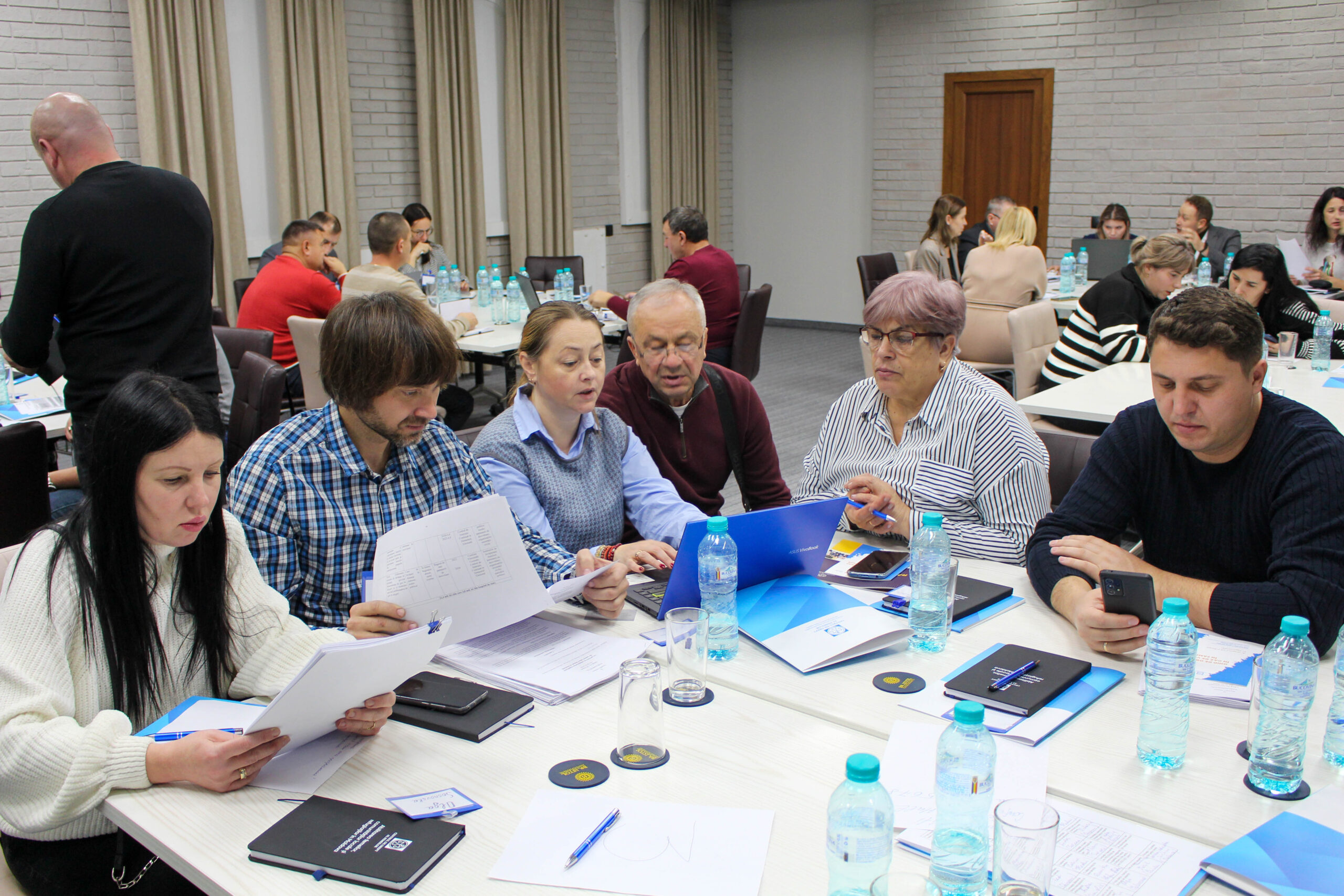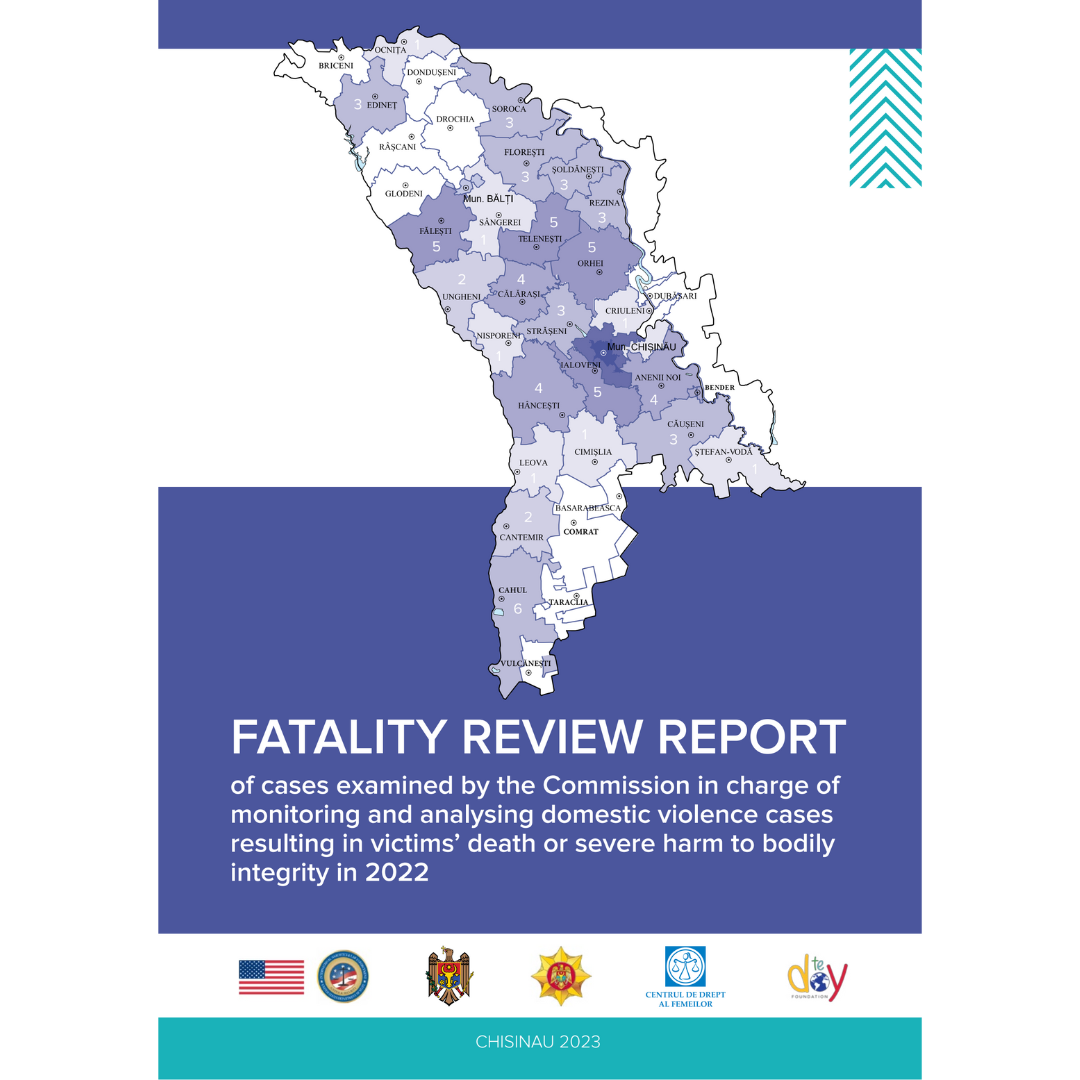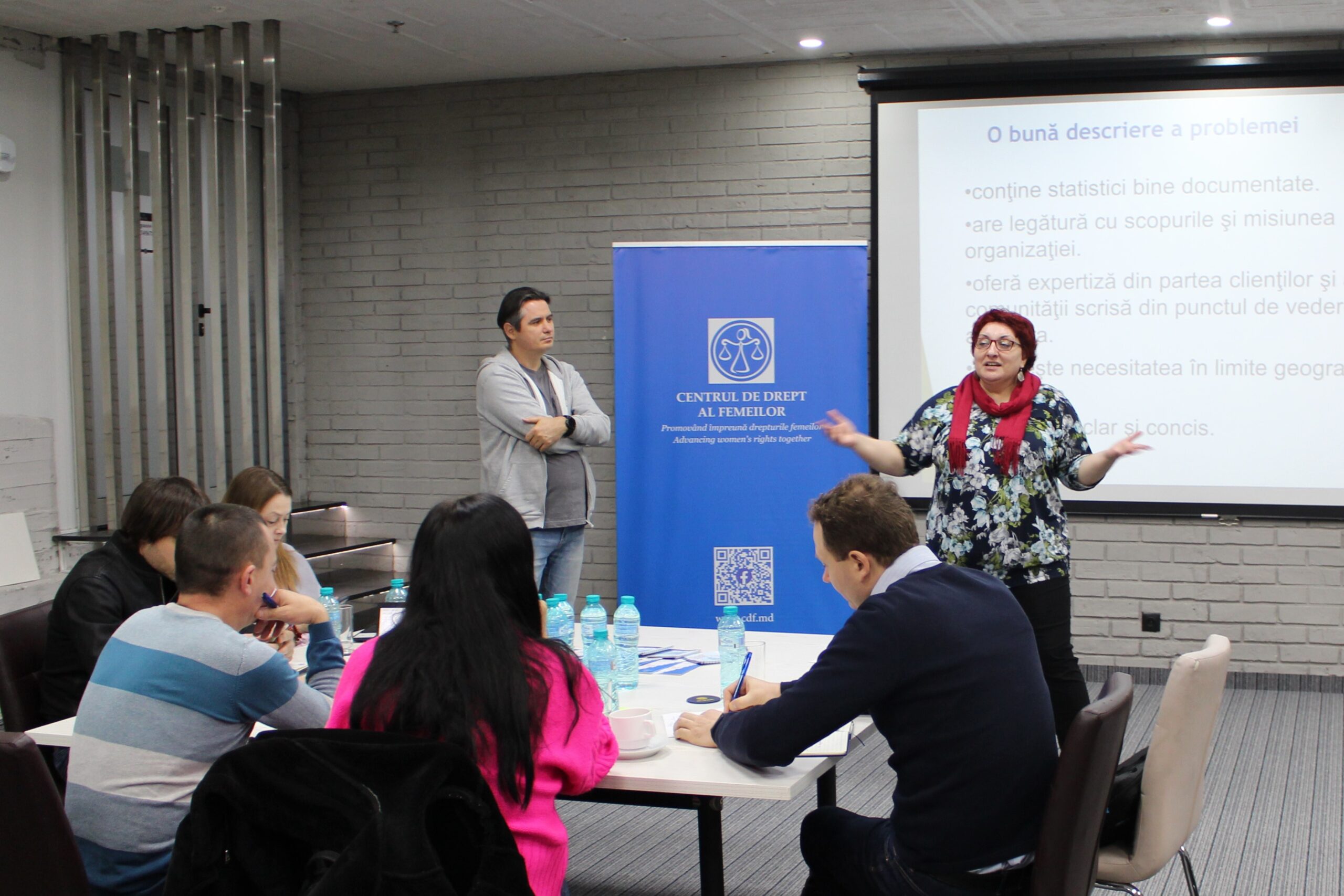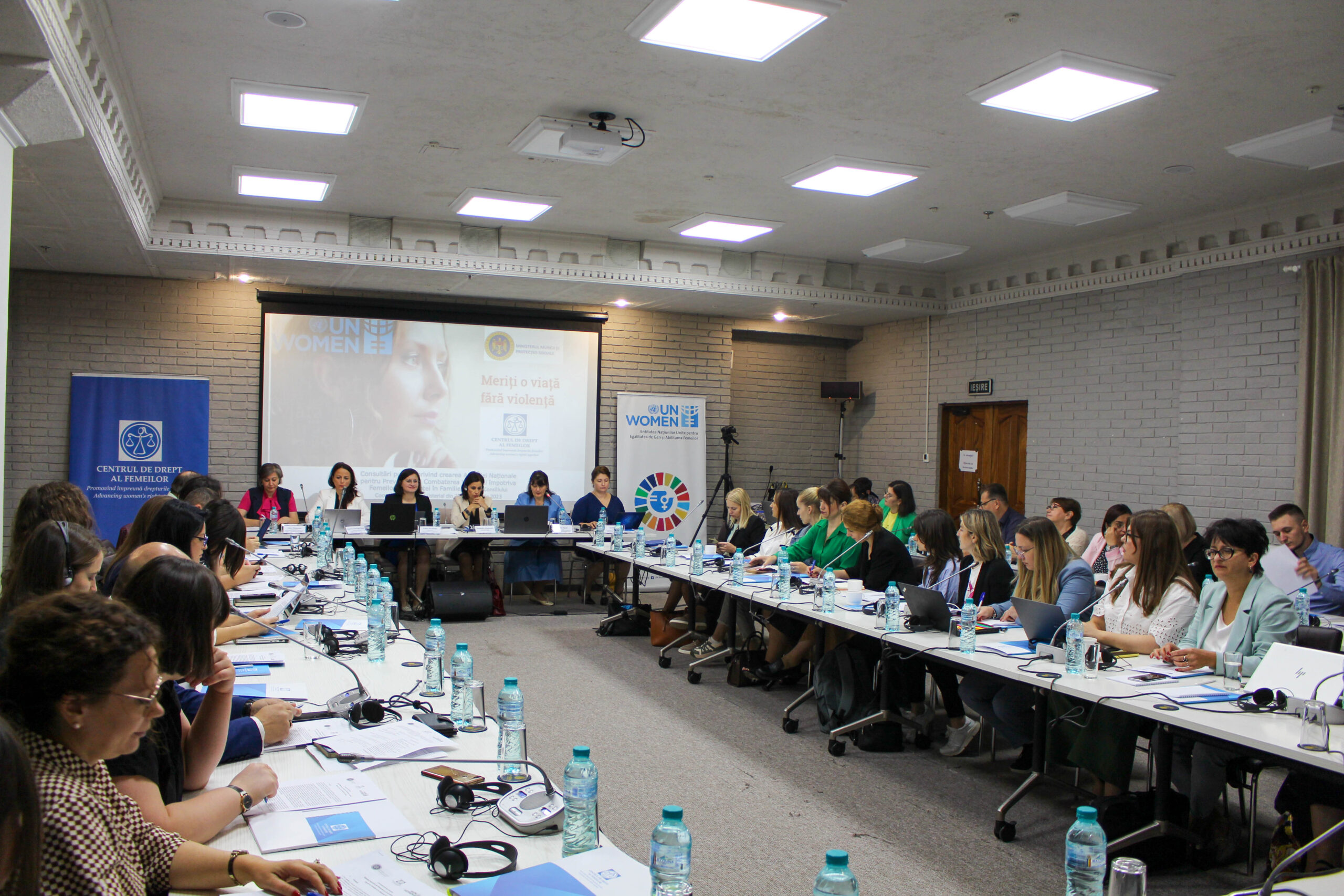Obtain written and other evidence of the assault
In general, the evidence is the factual data acquired in the manner provided by law, which serves to establish the circumstances that justify the claims and objections of the parties, as well as other important circumstances for the fair settlement of the case.
The factual data found in the explanations of the parties and other persons interested in settling the case, in the testimony of witnesses, in documents, material evidence, audio-video recordings, in the conclusions of the experts are admitted as evidence. Given this, in your case, besides the witness testimonies, the following can be useful:
Records
Any document, act, agreement, contract, certificate, business or personal letter, other material wrote with letters, numbers, graphic signs, as well as received by fax, e-mail or other means of communication or in another way that allows to read information about important circumstances for the case settlement and that can confirm their accuracy shall be considered a record.
The sentences, decisions and other court documents, minutes of procedural documents and court hearings, annexes (schemes, projects, images, etc.) to the minutes of procedural documents shall be perceived as written evidence.
The records shall be submitted to the court (i.e. by you) and by other participants in the trial. At their request, the records can be requested by the court from parties, other participants in the process, as well as from persons who do not participate in the trial.
If the record is kept by an authority, organisation or by another person or institution, the court, at your request, may order to submit it on time. This possibility does not cover the cases when the records can be obtained without involving the court. The person who requested the records shall pay for obtaining and submitting it.
If the settlement of the dispute requires only a part of the document, the court shall receive only an excerpt, certified according to the law.
The records shall be submitted in original or as a certified copy, according to the law, by indicating the place where the original document is located. The records shall be submitted in original when, according to the law or according to another regulatory document, the circumstances of the dispute should be confirmed only with original documents or when the copies of the submitted document contain contradictory information, as well as in other cases when the court believes it is necessary to submit the original.
If according to the interested party, the original document is owned by the opposing party (for example, by the perpetrator), the probation shall be conducted by filing a request to oblige the other party to submit the original. If the opposing party does not execute the court resolution on the submission of the original document, the copy of the original document submitted by the interested party shall be used unless the law provides otherwise. The court shall assess the probative value of the certified copy based on its intimate conviction.
The copies of the documents submitted to the court by the participant in the trial shall be handed to the participants in the trial who do not have them.
The party that submitted a document or another record to prove certain circumstances can give up this mean of probation only with the consent of the opposing party.
Investigations
Services of certain experts shall be used to clarify certain aspects from different areas, which require special knowledge. In cases of domestic violence, the most reliable investigations may be forensic and psychiatric-psychological… However, the range of areas in which special knowledge may be needed is much wider and it may be accessed by victims of domestic violence on a case-by-case basis. These could be commercial, scientific or art investigations (possibly to identify the value and the importance of objects destroyed by the perpetrator during the acts of violence). You should have the conclusions of those investigations when the case is initiated and further submit them to the court together with the request and other evidence. If you have not been able to investigate certain aspects you believe to be important, you can do it during your case trial by filing a request with the court in this regard. If your request is accepted as grounded by the court and if the conclusions of the expert are necessary for the fair settlement of the case, the court shall order the conduct of an investigation. The court shall rule on the conduct of the investigation.
Remember:
- the documents of the review or of the department reviews, as well as the written report of the specialist, cannot replace the investigation report or exclude the need to conduct the investigation of the same problem.
- the forensic investigation of the injuries resulting from acts of violence shall be conducted as soon as possible after the violence occurred;
- if the consequences of the acts of violence show a worsening dynamics, you can request an additional investigation, which will take into account the prescribed treatment as well as the period during which you were unable to work.
A person who is disinterested in solving the dispute and who is registered in the State Register of Certified Judicial Experts shall be appointed as an expert.
The parties shall agree on an expert or investigation institution to be appointed by the court to conduct the investigation. If the parties do not agree, the court shall appoint an expert or institution that is to conduct the investigation.
If the decision on the conduct of forensic examination mentions only the institution that is to conduct the examination, the manager of that institution shall appoint the expert and shall inform the court which ordered the investigation.
Once an expert is appointed, the court shall convene a hearing with the participation of the parties and of the expert, during which the contact between the expert and the parties is established. During this stage, the parties may be accepted to participate in the expert’s investigations. The parties and the expert are informed about the object of the investigation and the questions to be answered by the expert, and it is explained to them that they have the right to comment on these questions and ask for them to be amended or supplemented.
If the expert can express his/her opinion immediately, he/she is heard during the hearing and the statements are recorded in minutes.
If you or another party of the case has justified reasons not to trust the appointed expert, the latter is recused if there area certain grounds set by the law. The reason of the recusal must be proved.
Although the court accepted namely your request to appoint an investigation, the opposite party (which may be the perpetrator) and other participants in the trial also have certain rights related to the way the investigation is conducted or to the way the questions for the expert are formulated.
- they have the right to request a certain person or specialised institution to be appointed as an expert.
- they have the right to formulate and address questions to the expert in court, but only the court shall set the final questions the expert will answer to. The court is obliged to justify the rejection of the questions proposed to the expert by the parties and by other participants in the trial.
- they have the right to take note of the court resolution on the conduct of the investigation,
- to propose to include in the court resolution certain questions the expert will answer to,
- to file recusals to the expert, to participate in the expert’s investigations,
- to take note of the investigation report,
- to request the court to order the conduct of a repeated, additional, collegial or complex investigation.
The court order on the conduct of the investigation shall contain: the name of the court that ordered the investigation, the date of issuance of the court order, name of parties, the dispute in relation to which the investigation shall be conducted, the name of the investigation, the facts that need to be clarified under the investigation, the questions asked in front of the expert, name of expert or name of the institutions that shall conduct the investigation, the materials sent to be investigated, other data on the conduct of the investigation, the deadline for conducting the investigation and for presenting the investigation report, other data provided by the law.
The order shall also indicate that the expert shall be held liable by the court or the head of the investigation institution (if the expert is appointed by the head of this institution) in case he/she presents knowingly a fake investigation report.
Other evidence
Other evidence may be the ones that are formed of different objects, which due to their aspect, quality, properties, features, changes, location or due to other characteristics, can help to establish the circumstances that are relevant to the case settlement. Thus, in order to get ready for the court hearing you should first identify which of the evidence can be useful. Determining the material evidence means establishing the research objects and the facts that are to be proved with the evidence. The material evidence, as mentioned above, might be the object of the research carried out by experts (eventually, the goods destroyed during the acts of violence may represent objects of research during the commercial investigation or if an object could cause namely the injuries you got…).
The material evidence shall be kept in the file or shall be handed in the storage room of the court, accompanied by a special register. The court takes measures to keep them intact.
The objects that cannot be presented in the court shall be examined at the place where they are located or in another place set by the court and shall be described in detail in the minutes that is drafted on site, or are photographed, where appropriate, and sealed. The minutes shall be attached to the file. The on-site examination shall be conducted with the consent of the participants in the trial, in front of witnesses, professionals and experts, where appropriate.
When the court decisions becomes final, the material evidence shall be returned to persons who presented them or shall be sent to those who are entitled to them according to the court, or shall be sold as prescribed by the court.
In certain cases, the material evidence, after being examined by the court, shall be returned, at request, to those who presented them, right before the end of trial if the approval of the request does not hinder the settlement of the dispute.
As regards the distribution of material evidence before adopting the decision, the court shall issue a decision.
Audio-video records
If you or another party (eventually the perpetrator) present an audio-video record in electronic format or in other type of format, you and your opponent must know that you should mention the name of the person who made the record, the time and the circumstances of the record.
An audio-video record made with the hidden camera cannot serve as evidence if it was not allowed by law.
The audio-video records shall be kept in the court, attached to a special register. The court takes measures to keep them intact.
When the court decision becomes final, the devices containing the audio-video records can be returned to the person who presented them. In exceptional cases, the court can return them before the time when the decision becomes final by means of a resolution.
In general, you will decide what other data would convince the court that you were a victim and that the perpetrator is dangerous for you and your children. It is necessary for you to justify before the court their importance and depending on your strength of conviction and other circumstances, your request for accepting these data may be admitted or not.
The evidence obtained in violation of the law do not have probationary power and cannot be used by the court to justify the decision.
Due to the fact that the evidence is to be obtained in accordance with the law, it must meet certain conditions and it is most likely that you will need the counselling of a lawyer.
At the same time, you should not be discouraged if you did not obtain some of the evidence mentioned above and if your declarations are the only evidence. It is unanimously recognised that such situations cannot be excluded because most of the acts of violence are committed in a private space and sometimes the perpetrator acts methodically and calmly to organise each case of abuse and as a result witnesses exist rarely.



